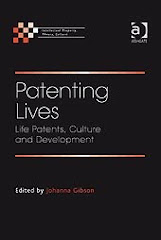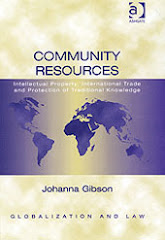
After last week´s sowing ban of MON 180, a genetically modified maize strain by the German Federal Minister of Agriculture, Ilse Aigner ("Patenting lives" reported), the patent holder Monsanto launched a legal action against this decision yesterday. A representative of Monsanto stated that the ban was contradictory and not in accordance with EU-rules. Hence, along with filing an action at the administrative court of Braunschweig, Monsanto is also seeking injunctive relief by the court. The haste in which these steps are taken is grounded on the fact that maize would need to be sown in May. According to Monasanto´s speaker the company is expecting a decision by the court by mid May.
MON 180 is genetically modified strain of maize which includes a gene from the bacillus thuringiensis and produces a poison which repels the parasitic larvae of the European Corn borer, a butterfly. By declaring the sowing ban, Ms Aigner applied the Safeguard Clause by which the competent authority may suspend the permission to dispose genetically altered organisms if new or additional information becomes available which may lead to a new risk assessment. The Minister based her decision on new studies which apparently have provided reasonable evidence that the genetically modified strain of maize would present a hazard to the environment - specifically for butterflies, lady birds and creature od the water.
Meanwhile, evidence is given that the German Federal Government has not yet reached a common consensus on its position on green genetical engineering. The Federal Minister of Education and Research, Annette Schavan, is critizising her colleague´s decision to mandate a sowing ban on MON 180. Ms. Schavan refers to green genetic engineering as one of the technologies of the future. Additionally she announced that fundings for such technologies will be expanded.
The Minister has announced that she is scheduling a roundtable in Berlin for the 20th of May on genetical engineering. Hereby all stakeholders would be invited. This would include associations, companies, scientists, non-governmental organisations as well as churches.
The outcome of this roundtable might shed some light on what direction green genetical engineering might be heading to in Germany. This will most certainly have an impact on the wider, namely the European scale.



No comments:
Post a Comment